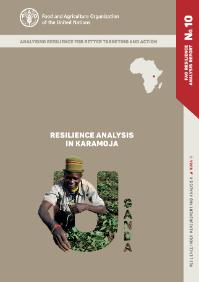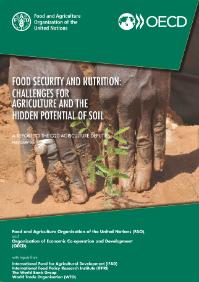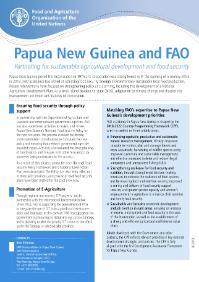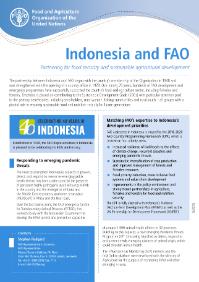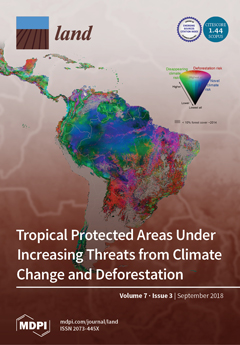What barriers do orphan children face to registering their land rights;and how might these be overcome?
This summary examines the challenges orphan children face in securing their land rights and provides a strategy to ensure long-term access to their land use rights.This resource was published in the frame of the Land Investment for Transformation (LIFT) Programme. For more information;please check: https://landportal.org/community/projects/land-investment-transformation...



